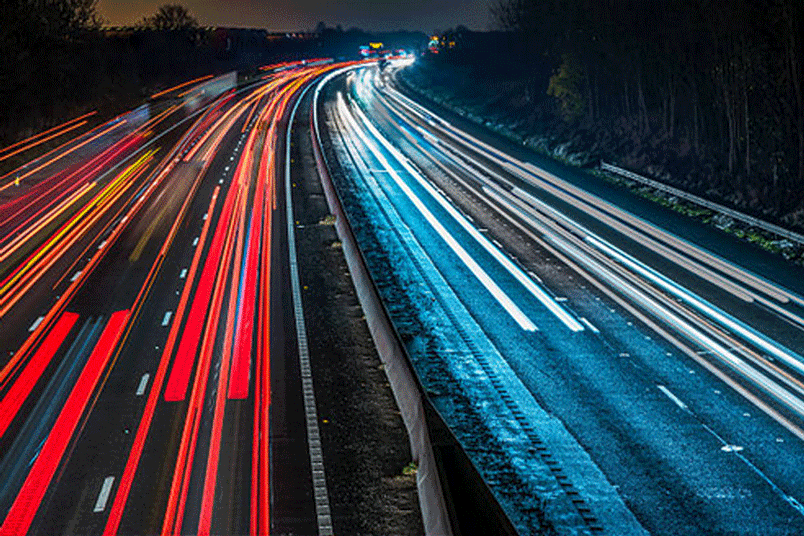 |
|
 |
| |
THE
CONCEPT
_____________________________________________________ |
|
| |
|
Carl Jung published his book “Personality Types” in
1924. Personality profiling has been
used by most Fortune 1000 companies and widely across industry for
recruitment,
advancement and profiling of staff for about seventy years.
The concept of using personality testing
for insurance risk is fairly new, but just as
valid as that of recruitment.
It has been known for a while that the
mechanics and skill of driving doesn't always
reflect if someone is a good driver. Collisions are not always caused
due to a lack of
driving skill but often due to the driver’s attitude and behaviour
under certain conditions.
An individual’s unique personality
dictates their default behaviour to situations
e.g. impatience, aggression, intolerance, concentration. Therefore,
an individual's
personality type affects their driving, which has a direct bearing
on road safety.
|
|
|
| |
THE APPROACH
To understand how our personality type affects our behaviour, we first
must
identify the componentsof driving behaviour.
We then look at each component to identify if this is personality centric;
i.e is this behaviour
widely accepted to vary according to an individual’s personality
type.
|
|
| |
|
|
|
|
|
|
| |
LEARNED BEHAVIOUR
While it is true that we also learn certain behaviours, our
personality acts
more like a lens, through which we experience all of life.
For example someone who is not naturally detailed can deliberately work
hard at
paying more attention to details. However, this will never be the same
as an individual who
naturally pays attention to detail. As soon as the individual stops
working hard at
paying attention to details, they will miss the detail, whereas the
naturally detailed
person rarely will.
|
|
| |
DRIVING SKILLS
The Target Profla App does not look at an individual's driving
skills but their behaviour.
In fact, you will find skilled drivers across the entire personality
spectrum. There is no
one personality typemore likely to have better driving skills than another,
however
there are personality types,that when triggered, respond in attitudes
and behaviour
in a way that overrides their skill.
|
|
| |
STRESS
Our psychologists have carried out research over the years and believe
that the
single largest source of stress, is a mismatch between an individual's
personality type and their environment.
When we drive our car, we are experiencing
an environment. When things happen
during our drive, such as traffic jams, other drivers cutting in, or even
tailgating, the
environment changes. This in turn can induce stress which, depending on
personality and
how we cope with stress,
turn a person’s behaviour quickly and significantly.
Even if we take a baseline that no personality
type is particularly stressed under normal
driving conditions,different personality types will respond differently
to the various
changes in the driving environment.
Some personality types will not be that
bothered about another driver’s
dubious manoeuvre;someone else may flick from calm to enraged. The various
changes to
the driving environmentaffect different personality types in different
ways.
|
|
| |
|
|
|
|
RISK MANAGEMENT THROUGH
PSYCHOMETRICS |
|
| |
|
|
|
|
|
|



